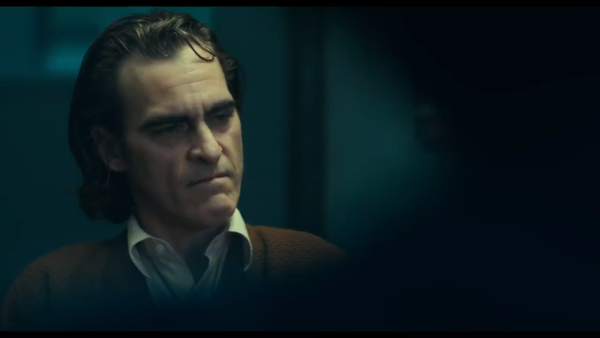Film Theory: Why Joker Is All A Lie
6. The Ultimate Unreliable Narrator

Fundamentally, Joker is just like The Killing Joke, whose most famous line was at once held up as the reason Joker should never have existed as an origin story and which also gives hope that it might not be anything as boring or conventional as that:
"Sometimes I remember it one way, sometimes another … if I'm going to have a past, I prefer it to be multiple choice!"
Joker is an unreliable narrator to his own story - which is something Heath Ledger's take on the character rather infamously channelled - adding to his mystery. And the same can be said of Arthur, whether he intends the result or not.
Given that Arthur struggles with even grounding himself in reality, how on Earth are we supposed to believe in him? And this film is told entirely through his own perspective. This is Arthur relating the story to his Arkham therapist, relaying a blow-by-blow of what happened supposedly in the most trustworthy way - first-hand testimony.
But then, we're supposed to realise that Arthur is a fantasist because we're actively shown it. Not only does he imagine an entire relationship with his neighbour Sophie, but he also fantasises about being picked out of the audience at the Murray Franklin show and Murray saying he wished he was his father. The transitions into these scenes are seamless - it's not like we're warned in any way that what we're seeing is not real.
Look closer, of course, and it becomes obvious, but at the time, all we have is what Arthur is telling us. And the fact that he's proven to be a liar by these two specific moments should cast doubt on absolutely everything else.
There's an even more subtle hint to him as an unreliable narrator too - when he's made up as the Joker, his make-up is inconsistent scene to scene. You'd think this might simply be an error in continuity editing, but there's no way they wouldn't have meticulously planned to keep it the same on every take if that's what was intended. The fact that it's different is a near-imperceptible challenge to his truth. And that's a key point in itself too...